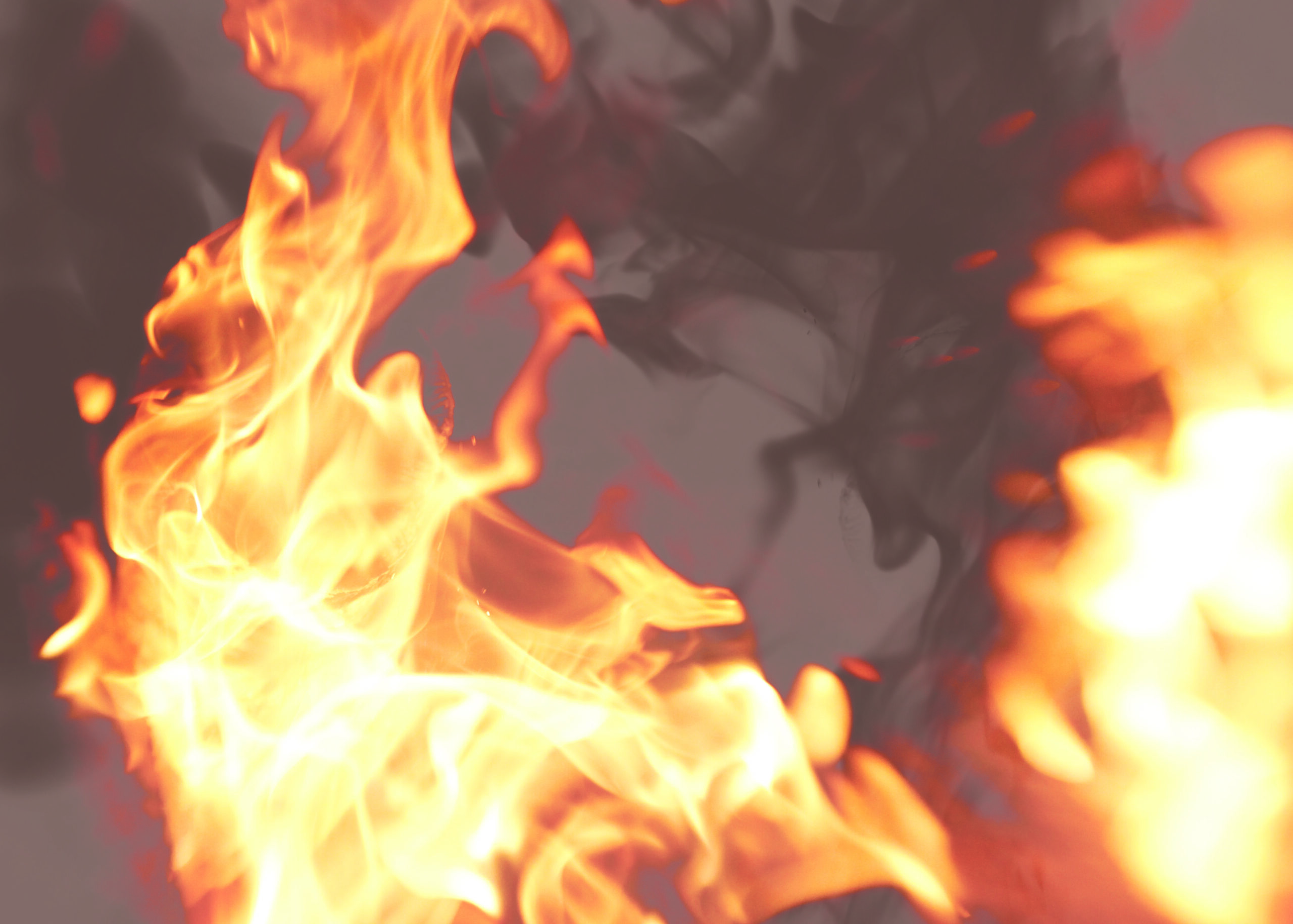To give unto them beauty for ashes, the oil of joy for mourning, the garment of praise for the spirit of heaviness; that they might be called trees of righteousness, the planting of the Lord, that He might be glorified.” Isa. 61:3
It was on the night of January 11, 2013, that a single spark, finding the right conditions, erupted into a devastating fire on the grounds of Camp Iroquoina, a well-known camp and conference center nestled in the Endless Mountains of eastern Pennsylvania. The cause of the fire at first was not known, but it quickly consumed the main building known as the “Chapel Barn”, the meeting area where messages were given at this year-round facility. Within a brief span of time, the remains of this once basic, but functional, building lay smoldering in the snow of the cold, winter night.
At first, the question certainly had to be asked, “What do we do now?” Maybe stronger was the sentiment “What can we do now?” It must have seemed overwhelming to those who witnessed the fire firsthand, as well as those those who viewed the ash heap in the days and weeks that followed. But over time, through prayer and thoughtful discussion, a deliberate plan was launched and efforts set in motion to restore the place where God’s Word had been so faithfully ministered and numerous commitments had been made for Christ.
As in the case of the fire in this facility, the cause of the fire was not fully known, but the destruction certainly was evident. This fire illustrates that a single spark under the right conditions can ignite a full-blown personal conflagration. In many ways, the events of that fateful night parallel the string of devastating and disastrous events that often occur in the lives of many people. The result is a feeling of despair with very little hope of even being slightly restored to any measure of usefulness. Regardless, the result is the same—a darkened, mangled, ugly mess witnessed by many who helplessly look on as the devastation unfolds before their eyes. Like those who saw first-hand the inferno that night, people who are close to those suffering are tempted to throw up their hands in despair and also cry out, “What do we do now?” and “What can we do?”.
But that is from the human perspective. Thankfully, there is a divine perspective. As someone has so aptly said, “Man’s extremity is God’s opportunity.” What is impossible with man is indeed possible with God (Mark 10:27). There is hope—hope in the Lord—for anyone, at any time, who suffers due to destructive influences. When Jacob wandered in his experience with the Lord, he reached a low spot in his life after making a long list of devastating choices. He was told by God, “Arise and go back to Bethel” (Gen. 35), the place of his spiritual roots (Gen. 28), to change his garments and to be clean. With God’s help, he was able to do this and return to the Lord on the heels of a personal crisis.
So what can become of the remains of a ruined and shattered life? As with the “chapel barn” that was burned to the ground, out of the ashes can come beauty to the glory of God. The popular song by Bill Gaither declares, “…but He made something beautiful out of my life.” It may take time, much effort, a lot of prayer (and a lot of blood, sweat and tears, too), but the result can be a life that our Lord can use again for His honor and for the blessing of others.
After three years of hard work, planning, building permits, generous financial gifts, and much prayer a new Chapel Barn was completed. On Saturday, January 9, 2016, at the annual college and career retreat, the Chapel Barn was dedicated unto the service of the Lord. Please pray for the ongoing ministry of Camp Iroquoina, located at 2341 Camp Road, Hallstead, Pennsylvania, 18822. To learn more about the ministry of Camp Iroquoina, please visit their website at www.Iroquoina.org, or call 570-967-2577. The camp director is Jeff Hage and their contact email address is [email protected].

